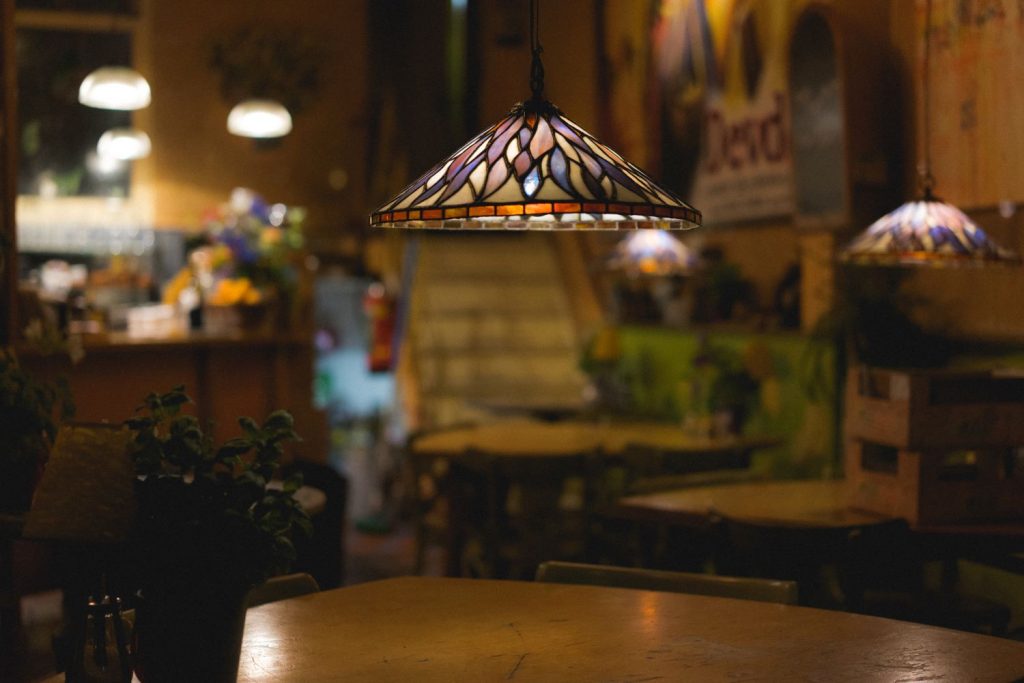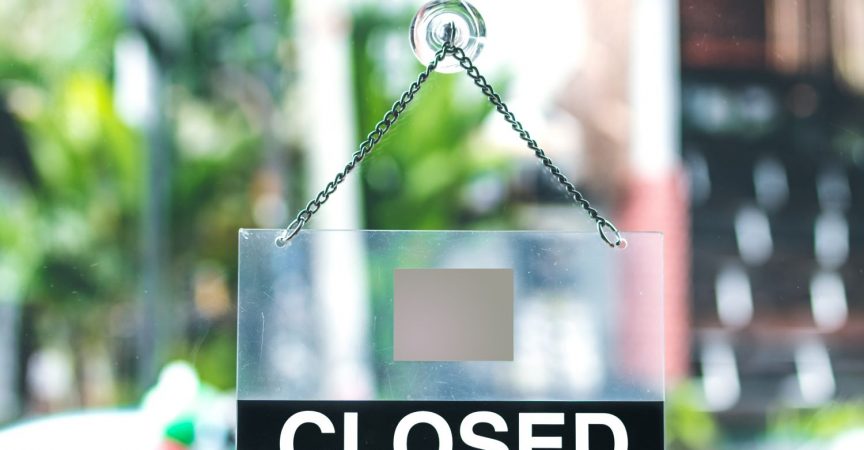Temporary Closure Checklist for Restaurants: What to do before you close your doors during COVID-19
The foodservice and hospitality industry, as well as the world at large, is reeling from the effects of the COVID-19 pandemic. As ‘non-essential’ businesses are closed, restaurant owners across Canada are having to adapt to a new normal in order to stay afloat. Though the situation and current landscape differs from city to city and province to province, operators should have a good understanding of the climate and know what the next steps are in case of a closure.
We put together a checklist of things those in the restaurant industry may want to consider to help them coping with new COVID-19 restrictions and plan for the future.
Talk to your suppliers
It is important to understand their business, needs and expectations. Some will want to be paid upfront while others will be content with sending you a bill later or even sticking with whatever your pre-pandemic arrangement was. You can use the information you get from having an open dialogue with them to plan your financial needs in the immediate short and long term. Remember, your suppliers are an essential par of your business and you will still need them once this is all over.
Talk to your staff
Keep them informed. Make sure they are aware of the situation and are assured that you are being financially responsible. If you have to lay people off let them know how they collect EI, what you are doing with their health benefits (if you have them), and how you are addressing tip pools that may still be there. Ensure that you are submitting the proper documentation about layoffs to your respective provincial government. Most importantly stress social distancing. We can’t talk about that too much right now.
Talk to your community
Let them know your plan and how it relates to what is going on in the world right now. Remember they are going to be hurt too. Reaching out will help build connection and hopefully encourage support for your restaurant as you stay afloat.
Call your bank and financial institutions
See what is available for credit, extended credit, loans or relief of payment. Analyze your payables, figure out your liability and arrange funding to bridge it. If you have receivables, do the same there. Basically, ask your bank or financial institution if there is any way they can help. You may be surprised at how willing they are to lend a hand.
Talk to your insurance company
Insurance is a major expense for most people in the service industry. Talk to your insurance provider to see if you can reduce coverage or eliminate some of it while you are not operating. You could also see if they will agree to deferred payments throughout this period.
Ask them what your responsibilities are to keep the coverage you need up. Do you need security on site? What does that look like on your policy? Checking your security cameras to make sure they are working and are on the right spot is also a great idea in order to ensure your business is safe when you are not there.

Here’s a few quick tips from Peter when it comes to shutting down and persevering:
- Shut down your draft system properly
- Cancel garbage service
- Ensure you have implemented a form of pest control
- Create a staff FB group to keep info coming at them
- Combine fridges and freezers into central units, closing others (have a monitor system in place)
- Anyone that has taken a deposit for room rental, catering etc. should get that summary together and be prepared to refund
Adjust non-essential services
During the downtime cut out all non-essential services. Cancel TV subscriptions, reservations systems, gift card carriers, POS services and apps, interactive and loyalty apps and music services you have etc.
Make a plan for picking up mail
If you are closing your establishment completely have a plan to ensure that mail doesn’t pile up. Whether you have it delivered directly to your restaurant or you have a PO Box check it once a week to make sure you aren’t missing anything important.
Talk to your landlord
If you have a landlord talk to them about security in the event of a closure, what their expectations are for payment, if garbage searches are available during the down time and whether someone is able to go in and check on the refrigeration. Make sure you keep in touch with them to make sure you are both on the same page and new information is released.
Make a plan for unused food
The last thing you want is for valuable food to go to waste. If you are closing up shop donate all your perishables to staff or a local food bank, store all dry goods safely and preserve or freeze what you can. Make sure to record your waste because you may be able to claim it under your insurance policy and recoup some of your lost resources.
Document everything
Keep all relevant expense documented including rentals,
extra staff etc. This documentation may be part of the relief package you need
to submit in order to get back on track when this is all over.

Reach out to your car dealer
Talk to them about what they can do to help. Maybe they will add another month on the other end of your lease or renew your lease early with a free month. They might also be able to defer a loan payment if needed. They may not be able to do anything, but it is definitely worth the effort to ask.
Talk to your pest control company
As they say when the cat’s away the mice will play! Have them in before you close up to make sure you are in good shape and you won’t have any issues with uninvited critters when there isn’t anyone there to keep and eye on things.
Call you natural gas/propane/ oil supplier
Cancel any deliveries and talk about payment options while you are not operating.
Make sure your establishment is secure
Deposit all cash into the bank or take it home. Hide all exposed liquor from outside view. Overall make sure that there is nothing noticeable that may entice someone to break in. Streets in many cities across the country are empty and there will be people looking to take advantage of no one being around.
Check the Restaurants Canada website
Restaurants Canada is aiming to have up to date information on everything that would affect people in the service industry on the website. Check it regularly to ensure you are apprised of how the federal and provincial governments are reacting to the pandemic, implementing policy and releasing funds.
Plan for recovery
The industry just changed dramatically so what is your plan to re-open? Think about it now and have a plan so you are ready when the time comes. Most restaurants are going to need a massive cash influx to recoup lost income, so you don’t want to lose out on any sales opportunities!
These are unprecedented times and they come with a lot of stress and many challenges for those in the service industry. It is a tough time for everyone with having to lay off staff and potentially close down until further notice. This checklist will hopefully help you feel more in control and be able to plan a bit for the future. Lean on the support you have and don’t be afraid to reach out. Everyone in this industry is in the same boat as we adjust to this new way of doing business and surviving through this challenging time.









